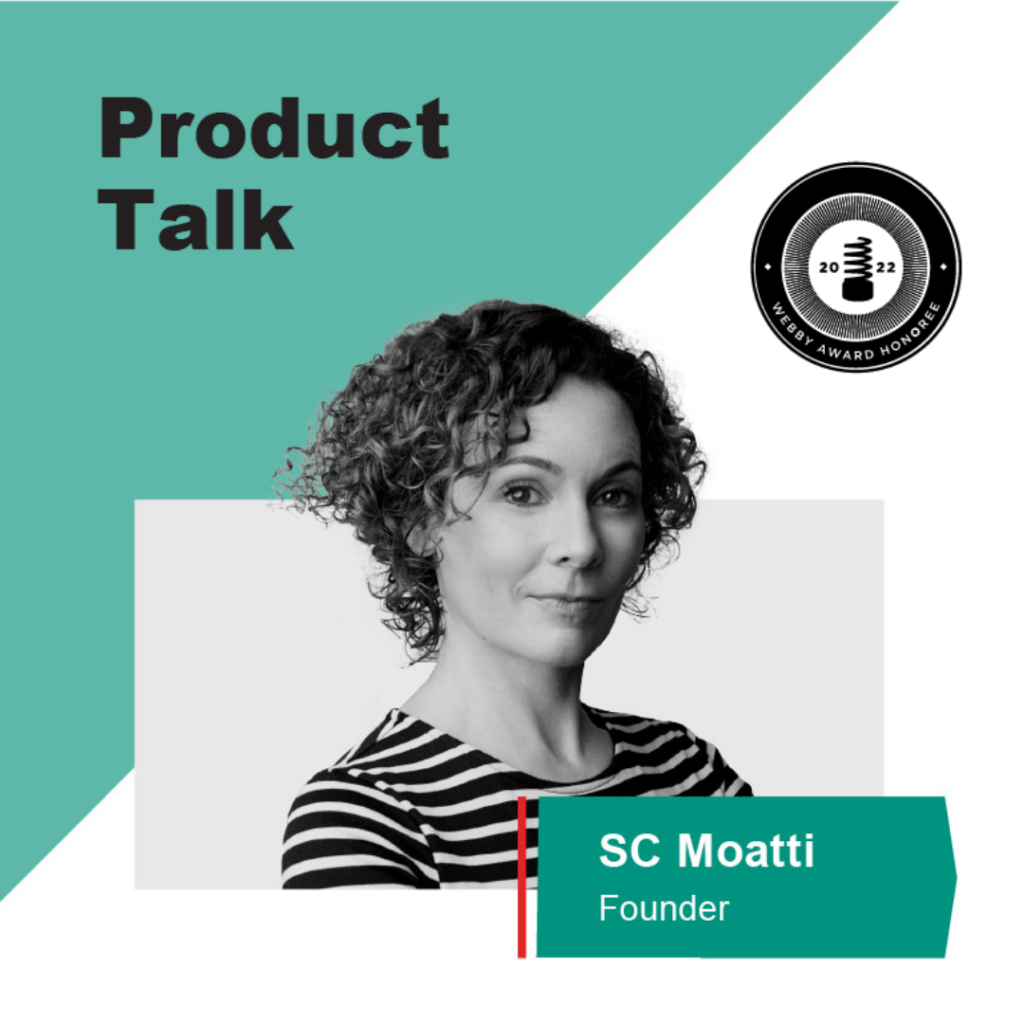Which way is the virtual water cooler?
In episode eight in the 2022 Product Awards series, we learn that people still miss things about the office. Wayfair Product Leader Nacho Andrade sits down with SpatialChat CEO Almas Abulkhairov. They discuss why sometimes stubbornness is a key quality in creating a successful product. They also touch on why great PMs not only have a coding background, but they are also often entrepreneurs. Finally, they talk about the 4 things remote teams still miss about the office, and how SpatialChat can help.
Subscribe to the Product Talk podcast on Spotify and Apple Podcasts and catch every conversation with leading product executives. New episodes go live every week. Episodes in the Product Awards Series drop on Fridays.

On stubbornness in making great products
If at first you don’t succeed? Get stubborn.
Almas says, “SpatialChat was not created in one day. It was actually the story of four years. Of 29 failed attempts. And then SpatialChat was experiment number 30. We wanted to disrupt something in the online communication field because Zoom or Skype did not solve our problems. Because me and my partners, and my friends, we were distributed across Europe, in the States. So there was really no sense of presence.
“There are smart entrepreneurs, who play by the book, and do customer development research and so on. And there are stubborn ones. Not smart ones. We turned out to be the stubborn ones. And we just won by not ever stopping.
“We created SpatialChat in 2018 in December, a year before the pandemic. But we halted the project because I didn’t see that the world was ready for that. But in March of 2020, we felt the pain ourselves when the entire planet went on lockdown. And we wanted to party at the office with our team, but we couldn’t. And we tried to Zoom, but it sucked.
“I called my co-founder and was like, Hey man, have you deleted the code of that circle-based product we did more than a year ago? And he said, No, I was about to delete it. Why do you ask? Man, do not delete it! Please redeploy it right now. We are doing an event in three hours.
“So we were solving our own problem. We just wanted to party online. But then we experienced, hey, but we can collaborate in our product. Let’s add some embedding. Some adding of YouTube. Some adding of .gifs. And people were like wow, we are solving again, our new problem to collaborate together online.”
On the 4 things people miss about the office
Almas points out that although COVID accelerated the process, virtual work has been a reality for two decades. And studies show there are 4 things people miss about going into the office.
Almas explains, “There are still four key benefits of the office. Number one is the ability to … show something from your screen. Number two is the … ability to whiteboard something, either on a whiteboard, or on an a4 paper. Number three the watercooler moments. … This is where brilliant innovative ideas happen. All of those magical genius idea moments, in our kitchens or our offices where we drink coffee.
“And number four is the all hands meeting where some team leader or the CEO gathers everyone. There’s an all hands meeting and I tell everyone that this week was good. We increase the profits. Or the next week, this week was terrible, it sucked, we’re down 40%, and so on. However, that keeps the team in in sync.
“These are the exact four use cases SpatialChat is good for and validated by the customers. So we compete not with Zoom. We compete with the real office. We try, and it looks like we’re succeeding, at least now. SpatialChat has become a two dimensional canvas virtual office. And that’s the definition of virtual office. An online space that solves those four benefits of the office I mentioned.
“It took me and my team two years to understand. There were patterns. There were first signs 11 months ago. But I didn’t see them because online events were still huge. It was like blinding light…. Now virtual events are declining, but virtual offices are increasing. And I’m like, wow, the blinding light disappeared. Now we see the picture.”
On what makes a great PM
According to Almas, what makes a great PM is someone committed to building profitable products. But also someone willing to come “out of the shadows” and talk to customers. But there’s more.
“A product manager is essentially a person who is responsible to make a product that matters for our target market size. And explains to these people in the proper positioning, in simple words, and is able to make product as simple as possible to be onboarded and to keep using it for months or years.
“However, I found a second pattern. All of the greatest product managers I personally met were startup founders, even the failed ones. But in their past, they created their own stuff themselves, without investors. The builders.
“And another pattern that I noticed all of the great product managers know how to code, and code themselves for years before that. So a person who understands how exactly their chocolate factory production line works. And is aligned with the business. They can connect the dots with the knowledge of how the technology works, what is possible, and what is not. And what is almost impossible, but manageable and worth it. The person who asks those questions and knows how to answer? That’s what makes a great product manager.”
About the speaker
About the host
Big idea product leader specializing in the space between 0 to 1, digital transformation, and innovation.